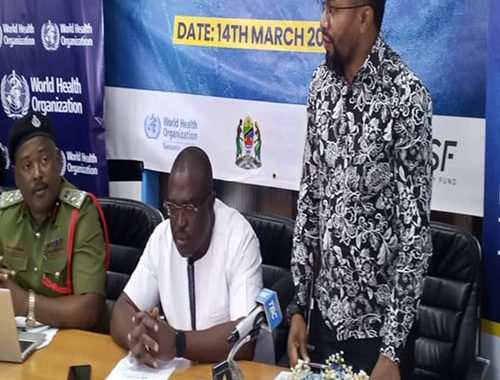A project was started by the Tanzanian government and the World Health Organisation (WHO) to train communities in first-aid procedures for victims of traffic accidents.
Improving Post-Crash Care in Tanzania, a three-year project worth 485,350 USD, will implement and assess the effects of six WHO emergency care toolkit elements in pre-hospital and hospital settings along Tanzania’s most active highways that connect the country’s north and south.
Muhimbili University of Health and Allied Sciences (MUHAS), Tanzania’s National Road Safety Council and the WHO collaborated on the initiative, which was made possible by funding from the UN Road Safety Fund.
The initiative aims to enhance post-crash care by increasing ambulance services’ capacity and educating layperson first responders, according to Hendry Sawe, head of the MUHAS’ Emergency Medicine Department.
According to Sawe, these trained responders will be prepared to offer emergency care at crash scenes, guaranteeing the victims’ safe transfer to medical facilities with improved emergency care capabilities.
The project is important, according to Galbert Fedjo, WHO’s health systems coordinator, who also noted that many people were killed and disabled in traffic accidents in sub-Saharan Africa, especially in Tanzania.
He claimed that at 16 fatalities per 100,000, Tanzania’s road traffic death rate is still frighteningly high.
With prompt emergency care, many of these fatalities and impairments may have been avoided. But Tanzania’s emergency care system has serious flaws, such as no established emergency medical services, no central dispatch mechanism and a lack of organised coordination,” Fedjo stated.

